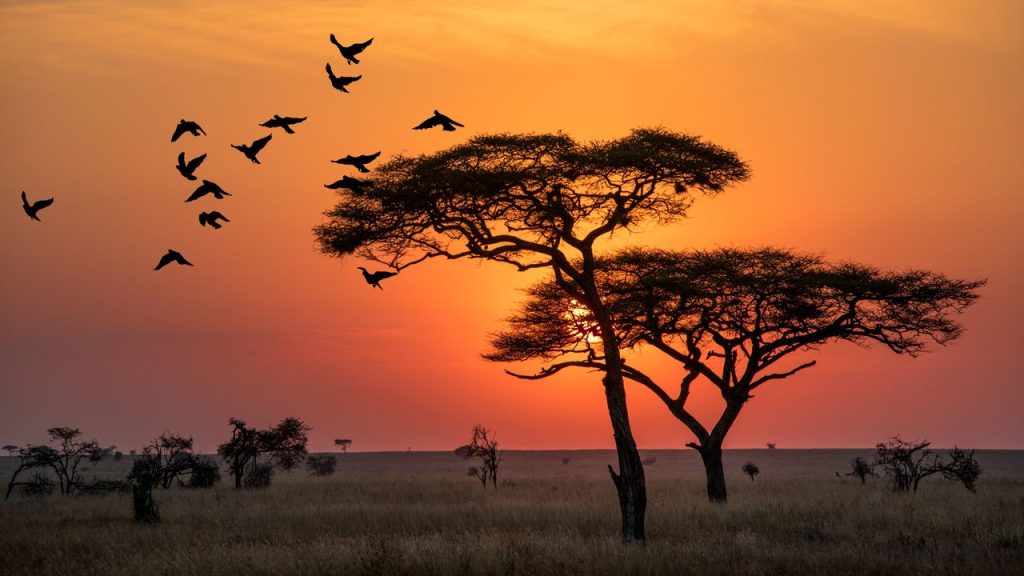Safari in Africa: Unveiling the Cultural Experiences and Conservation Areas
Embarking on a safari tour in Africa is an adventure of a lifetime. Beyond the breathtaking landscapes and diverse wildlife, Africa offers a rich tapestry of cultural experiences and conservation areas that are worth exploring. This article will delve into the captivating aspects of African safaris, from the vibrant local cultures to the importance of conservation efforts.
Cultural Experiences
One of the most remarkable aspects of an African safari is the opportunity to immerse yourself in the local cultures. Africa is a continent with incredible diversity, boasting over 2,000 distinct languages and a myriad of ethnic groups. Each region has its own unique traditions, rituals, and customs, providing an enriching experience for visitors.
Whether you’re interacting with the Maasai people in Kenya, the Himba tribe in Namibia, or the Zulu community in South Africa, you’ll gain a deeper understanding of their way of life. Engaging with local communities allows you to witness traditional dances, participate in cultural ceremonies, and even learn about ancient healing practices. These encounters foster a sense of connection and appreciation for the people who call Africa their home.
Moreover, trying traditional African cuisine is a must-do during your safari. From the aromatic spices of North African dishes to the hearty stews of Southern Africa, your taste buds will be tantalized by the flavors of the continent. Sharing a meal with locals not only provides a delicious experience but also creates opportunities for cross-cultural exchange and learning.
Conservation Areas
Africa is renowned for its vast conservation areas that protect its unique ecosystems and wildlife. These areas are carefully managed to ensure the preservation of biodiversity and the sustainability of the environment. Going on a safari tour allows you to witness firsthand the incredible efforts made to conserve Africa’s natural heritage.
One such example is the Maasai Mara National Reserve in Kenya. This iconic conservation area is home to the Great Migration, where millions of wildebeest and other herbivores traverse the plains in search of fresh grazing. By visiting the Maasai Mara, you not only witness this awe-inspiring spectacle but also contribute to the local economy, which in turn supports conservation initiatives.
Another notable conservation area is the Okavango Delta in Botswana. This unique wetland is a UNESCO World Heritage Site and provides a vital habitat for a wide array of wildlife, including elephants, lions, and hippos. Exploring the Okavango Delta on a safari allows you to appreciate the delicate balance of nature and the importance of preserving such pristine environments.
Conservation-focused safaris also offer opportunities to engage in responsible tourism practices. Many lodges and tour operators in Africa actively support local communities and conservation projects. By choosing these eco-friendly options, you can contribute to the long-term sustainability of the region while enjoying an unforgettable safari experience.
In Conclusion
A safari in Africa is not just about spotting the Big Five or witnessing breathtaking landscapes. It is a journey that unveils the vibrant cultures and highlights the significance of conservation areas. By immersing yourself in the local traditions and supporting responsible tourism practices, you become a part of the efforts to preserve Africa’s natural and cultural heritage for generations to come.

